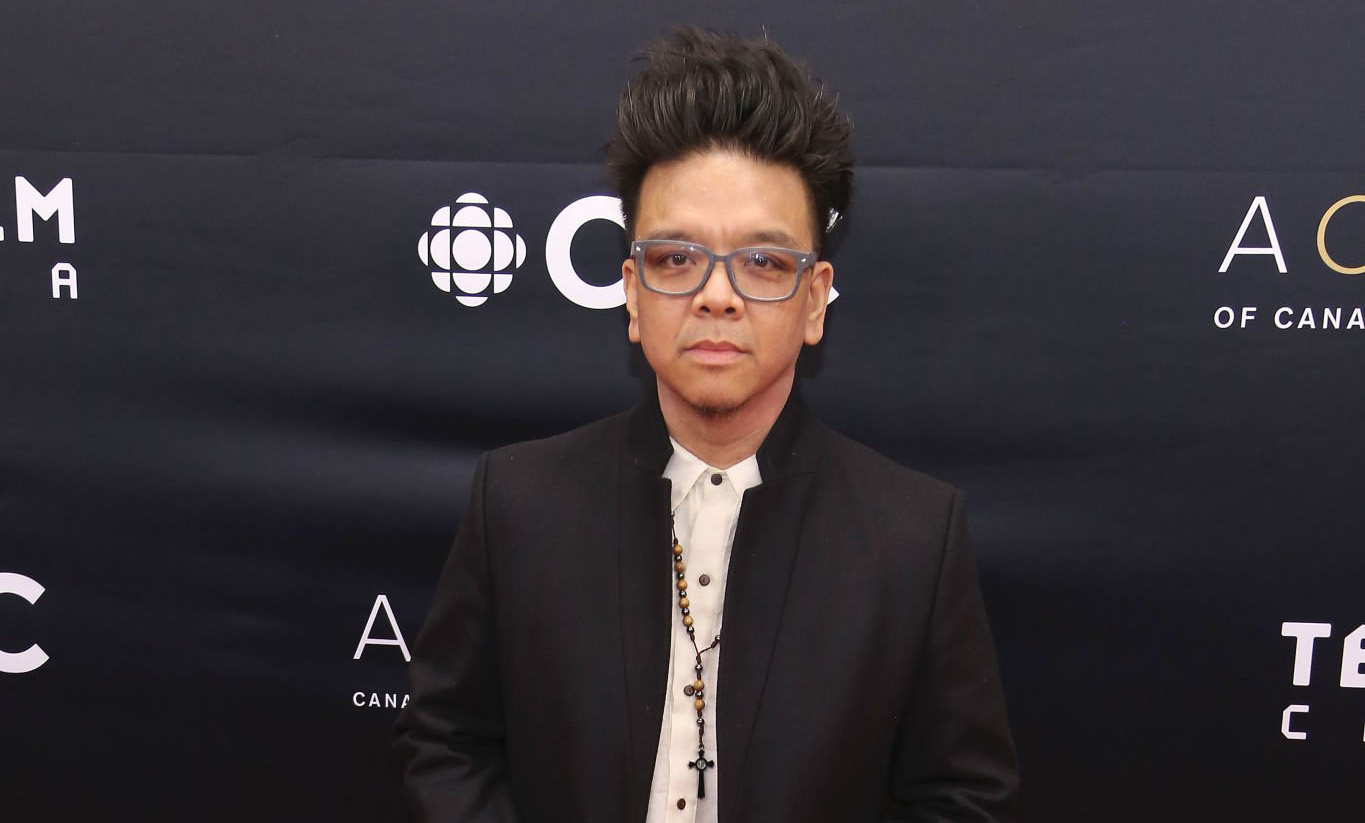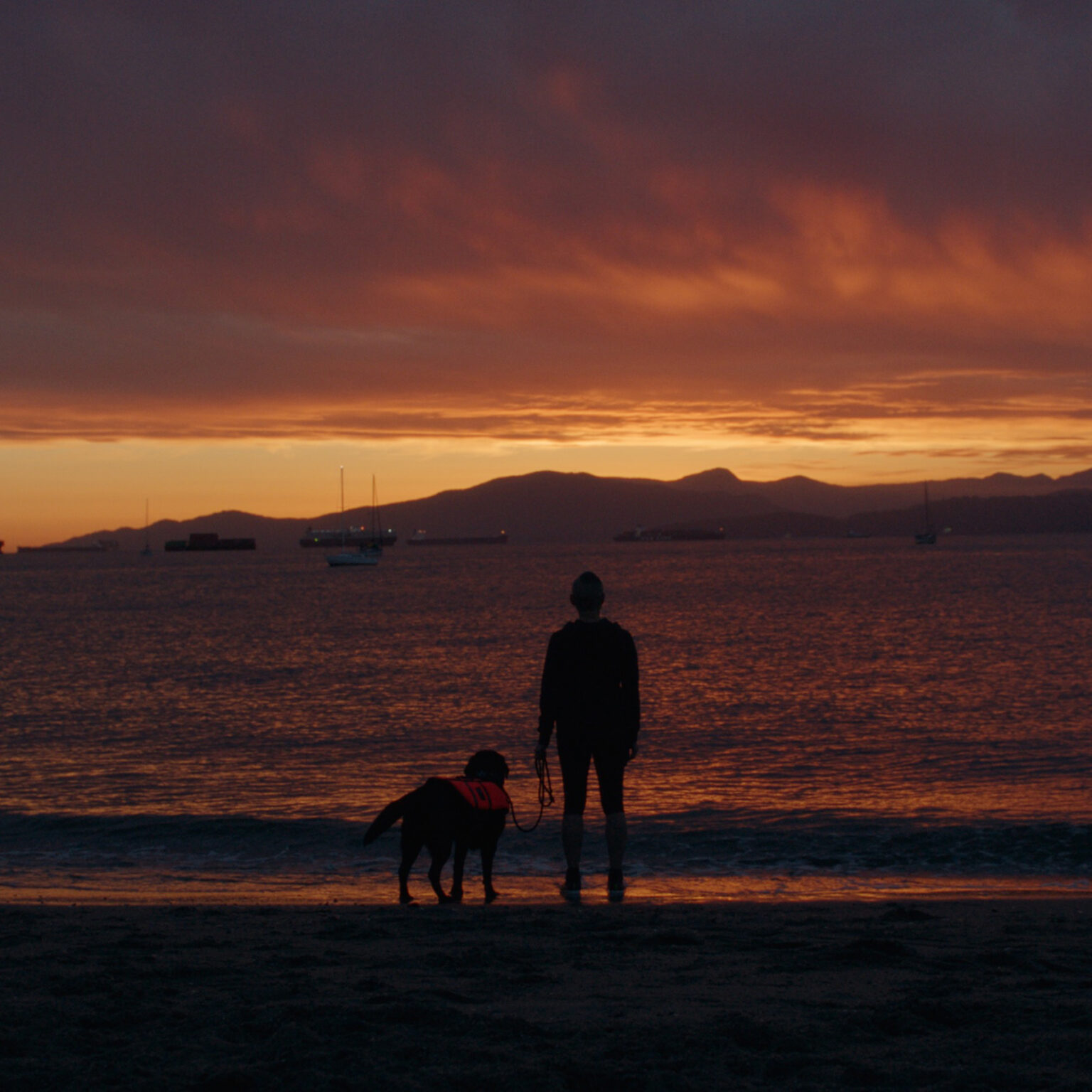Two decades ago, Romeo Candido’s directorial debut feature film, Lolo’s Child (2002), opened the Toronto International Reel Asian Film Festival. Now, 20 years later, Candido is being honoured as a Canadian Spotlight Artist at the very same festival.
“A singular talent” is how Reel Asian describes Candido for his ability to tell uniquely engaging stories across genres and mediums.
But funnily enough, Candido didn’t set out to be a filmmaker.
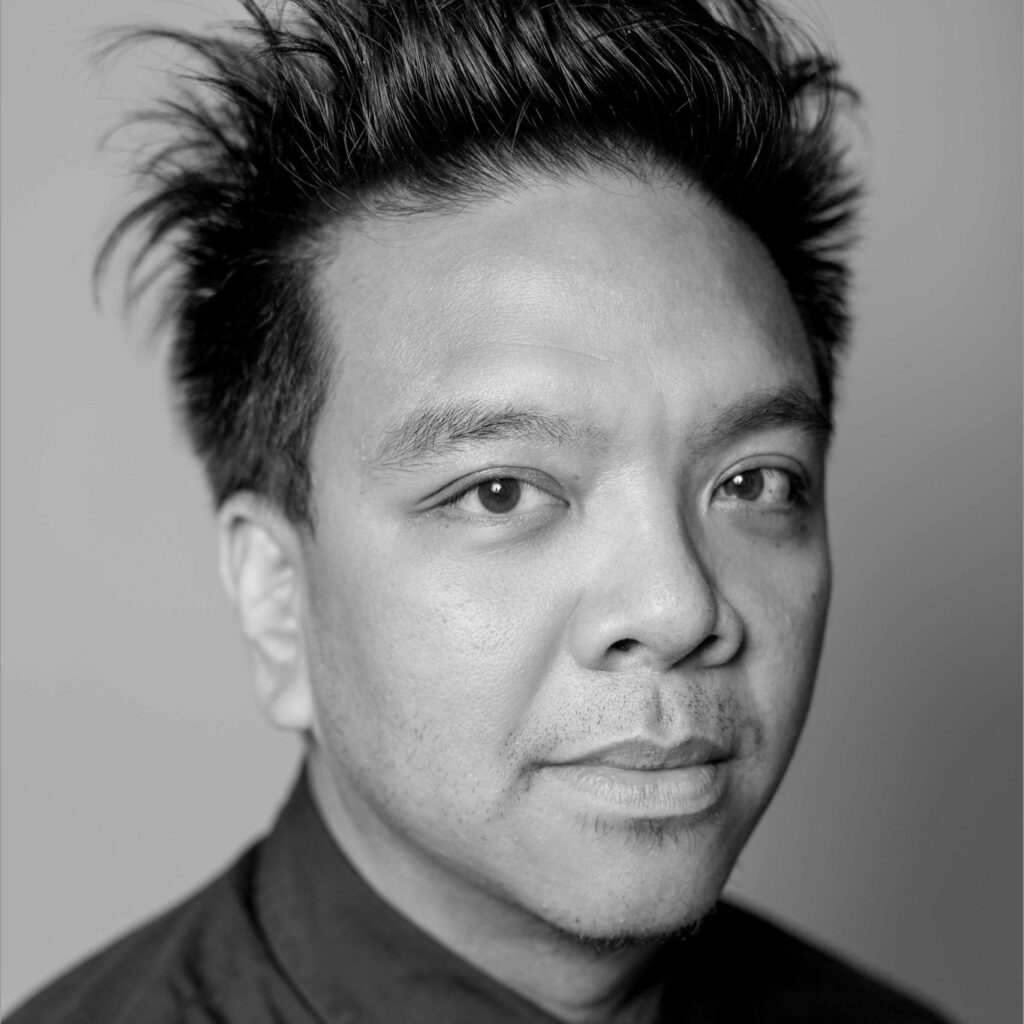
Before he became the multi-hyphenate writer, director, producer, showrunner, and composer that he is today, Candido had aspirations of being an actor. Filmmaking, he says “happened” to him after a director saw Candido’s one-man show while he was touring in the late ’90s and told Candido that he would like to turn it into a movie. Candido, hoping to follow Sandra Oh’s trajectory in the recently-released Double Happiness (1994), agreed.
When the director eventually dropped out, Candido decided to take up the director’s reigns himself—a decision driven partly by the lack of Asian and especially Filipino directors at the time. The result was Lolo’s Child, a musical dramedy that Candido directed, edited, starred in, and also composed the soundtrack for.
“I didn’t go to film school, so in a lot of ways that was my film school,” he explains to The RepresentASIAN Project. “Once I did it, that’s when I realized, ‘Okay, so this is what I want to do.’”
Candido describes the film as his version of Prince’s Purple Rain.
“I told a very personal story and I let music express the things that couldn’t be expressed in dialogue, character, and story,” he says. “I feel like you can thread all of my work with that.”
Indeed, a lot of the stories Candido tells are filtered through a Filipino lens, incorporate his personal experience, and tend to use music as a tool to build not just the story’s characters and their journeys but also the world they live in.
A recent example is CBC Gem’s Topline (2022—), a musical series that Candido created, directed, and composed music for. The show follows a 16-year-old Filipina-Canadian girl, Tala, as she becomes a topliner—a term used to describe musicians who provide melody and lyrics over preexisting song beats—while navigating the grief stemming from her mother’s passing and the resulting tension it has created in her family.
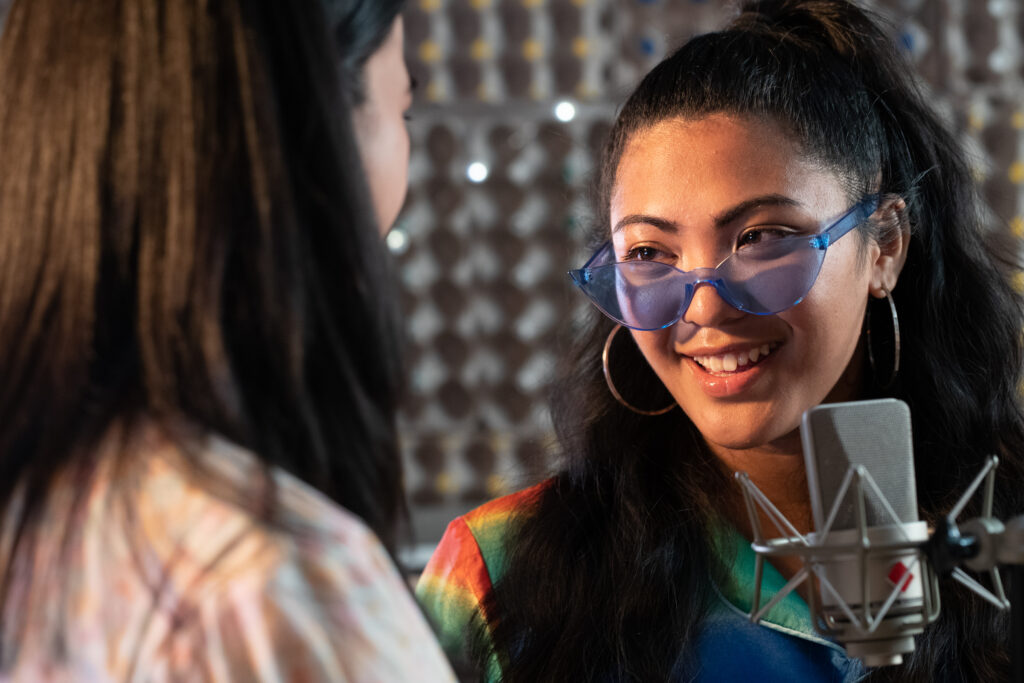
Candido says that the show was inspired by his own love for making and writing music—“In a different lifetime, I wanted to be a professional recording artist,” he reveals—and his desire to tell stories of people behind the musical scenes, like the Brampton-born beatmaker WondaGurl, who received a production credit on Jay-Z’s 12th studio album Magna Carta Holy Grail when she was just 16.
“I had [also] lost my mother in 2016 and I was going through the grief of losing her,” Candido recalls. “And I realized that maybe in this world of songwriting, I can express what it is to move through grief, to move through the world, and to let music be the way to find yourself back into the light.”
The theme of Filipino protagonists working through their grief and trauma through art is also present in Prison Dancer, a story Candido co-wrote alongside longtime collaborator Carmen de Jesus, about the fictional inner lives of the, well, prison dancers at the Cebu Provincial Detention and Rehabilitation Center (CPDRC) in the Philippines, who went viral in 2007 for dancing to Michael Jackson’s “Thriller.”
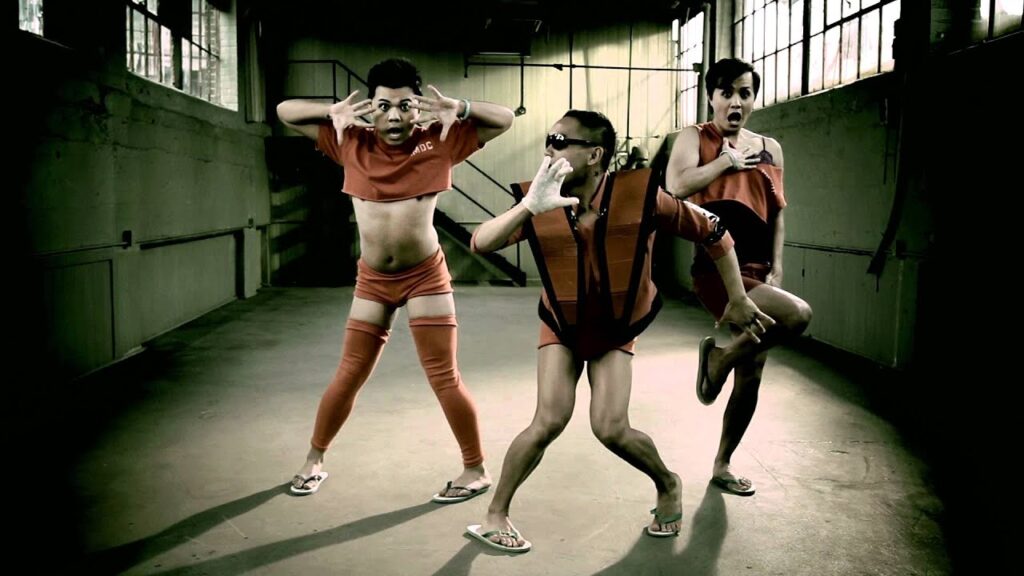
The story first took on the form of a stage musical, which was then adapted into a web series before finally becoming a “full-fledged, big budget musical” set to premiere at Edmonton’s Citadel Theatre in spring 2023, as Candido originally envisioned when he first wrote it 10 years ago.
The musical will then travel to National Arts Centre, after which Candido hopes to take it to Toronto’s Ed Mirvish theatre. “And then hopefully it gets the Come From Away kind of trajectory and goes to Broadway!”
“There’s a term in Filipino called ‘bayanihan,’ and it’s the communal spirit of Filipinos,” Candido explains. “When you think bayanihan, you think of people moving a hut as a community from one area to another area.”
Candido attributes his filmmaking career to the bayanihan of the various communities that helped him make films; to their collective determination to finding joy in hardship that enabled them to do so.
“There are so many times when I wanted to quit,” Candido admits. “There are way more losses than wins in this business. There are way more disappointments than moments of victory.”
What helped him push through the losses and focus on the wins was his need to tell stories that represented him and his community because he didn’t have any while he was growing up. His internal wall of heroes which included “the Bob Marleys and the Bruce Lees and the Spike Lees and just…people who’ve done it” helped, too.
Now that being a spotlight artist at Reel Asian has encouraged him to reflect on his career, Candido is happy he didn’t quit.
“I’ve come a long way,” says Candido. “I’m patting the version of myself on the back from 20 years ago; I wish I could tell that guy…’Just stick with it because one day you’ll be…doing so many cool things.’ I wouldn’t have even been able to imagine what I’m doing right now.”
Some of these cool things include directing two episodes of the Apple TV’s Circuit Breakers (2022—), writing for Netflix’s Another Life (2019—), and directing, writing, and co-showrunning CBC’s Working Moms (2017—), Son of a Critch (2022—), and season eight of The Next Step (2013—), respectively. And with these cool things has come a desire to do more, not just for himself but also for emerging filmmakers.
“I want to work with Disney. I want to do something with Star Wars…I want to bring in emerging writers. I want to bring in director shadows. I want to give somebody their first job,” says Candido.
“When I was just hungry and trying to make it, I didn’t have a lot of space to think that way because I was just too busy knocking on the door and trying to get in,” he explains. “[Now], making it in this business is not any more the rubric of success; it’s how you can make it in this business and how you can lift up people.”
Ultimately, Candido says he wants to be a beacon of hope for young filmmakers, especially young Asian filmmakers. He wants to show them that they, too, can do it.
“And not just that they can do it and make a living from it, but they can do it with integrity,” he says. “They can do it with kindness, they can do it with community in mind, and they can do it vulnerably.”
“Every time I share my victories, I try to do it in the framework of gratitude. [I imagine] there might be somebody who is 26 and feeling the pressure from their parents, [who is] comparing themselves to everybody else and is ready to give up. Hopefully, I can be that kind of battery for them.”
As part of the Canadian Spotlight at this year’s Reel Asian Film Festival, you can watch a collection of short and mid-length work from Candido’s career available online from Nov 14 – Nov 20. You can also attend Reel Asian’s closing night presentation of Topline on November 20 at 7pm at Isabel Bader Theatre. Visit reelasian.com/festival for more information.
Like this post? Follow The RepresentASIAN Project on Instagram, TikTok and YouTube to keep updated on the latest content.







